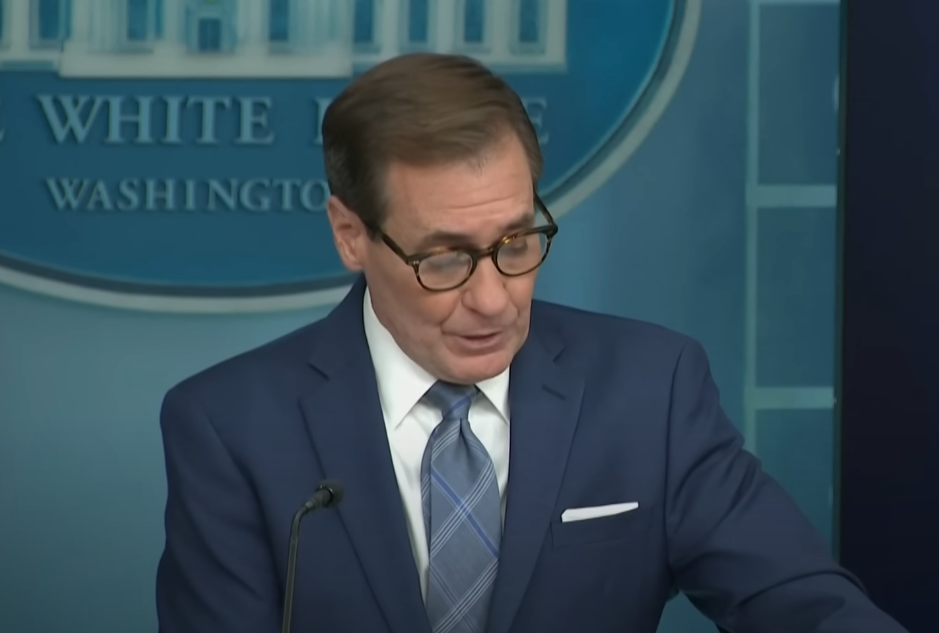The recent revelation that Russia deployed short-range ballistic missiles (SRBMs) sourced from North Korea for attacks on Ukraine has triggered an international uproar.
The White House disclosed this intelligence, stating that Russia employed these missiles in multiple strikes, prompting the United States to raise the issue with the United Nations Security Council.
National security spokesperson John Kirby condemned North Korea’s alleged arms transfer to Russia, labeling it a significant and concerning escalation.
In response, the US announced plans for additional sanctions against individuals involved in facilitating these arms deals.
Both Moscow and Pyongyang have denied any involvement in such transactions, although last year, they pledged to deepen military cooperation. South Korea had previously reported the possibility of North Korea supplying SRBMs to Russia as part of a broader arms agreement encompassing various weaponry.
North Korean Missile Transfer to Russia

Kirby confirmed North Korea’s recent provision of ballistic missile launchers and missiles to Russia, highlighting that Russian forces fired at least one North Korean missile into Ukraine on December 30. Subsequently, Russia launched multiple North Korean missiles during an extensive air assault, with ongoing assessments of the resulting impact.
The use of these North Korean-made missiles by Russia marked their combat debut. Analysts identified the missiles as solid-propellant KN-23 and KN-25 SRBMs, previously tested by North Korea.
Visual evidence from Ukrainian social media depicted fragments characteristic of North Korea’s Hwasong-11 missile family, corroborating these findings. Jenny Town, from the Stimson Center’s 38 North Program, noted that these missile transfers bolster Russia’s military capabilities in the ongoing conflict with Ukraine.
Kirby emphasized the expectation that Russia might deploy additional North Korean missiles against Ukraine while expressing concerns about potential missile system purchases from Iran.
The alarming prospect of such weaponry exchange between North Korea, Russia, and potentially Iran has spurred international concern. As tensions escalate, global attention remains fixed on the fallout of these military escalations and their implications for regional stability.


Comments are closed.